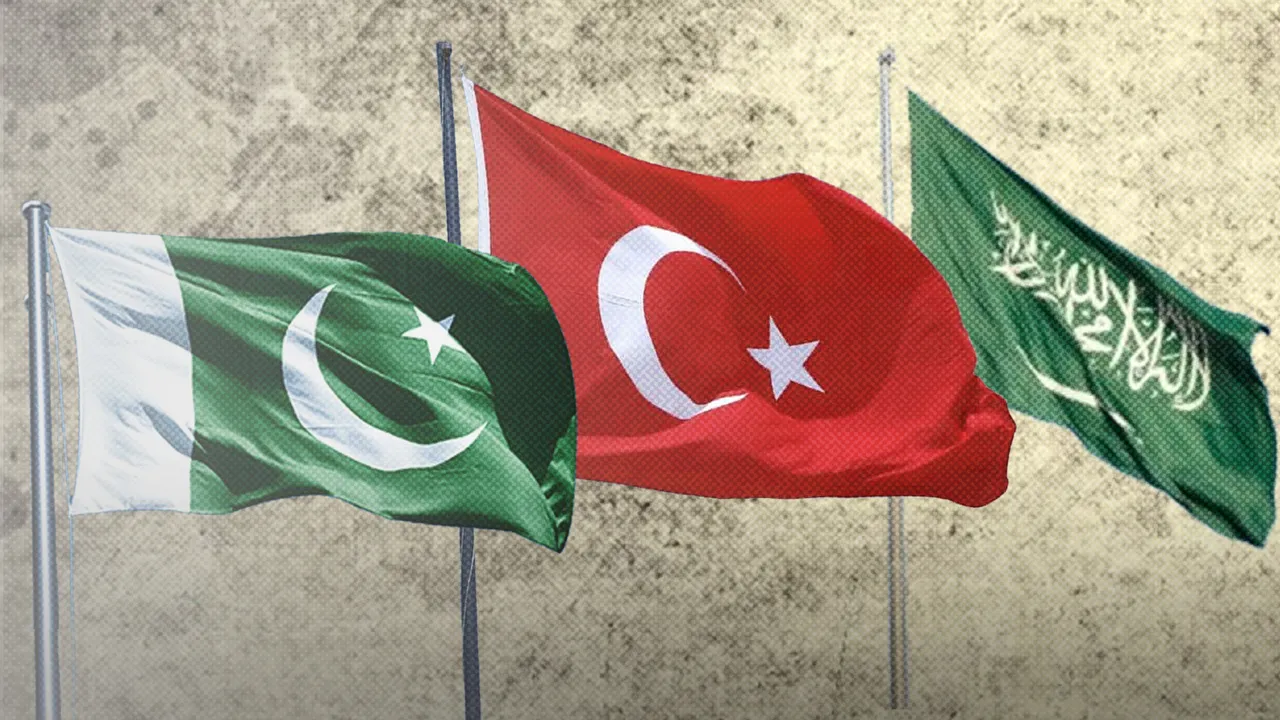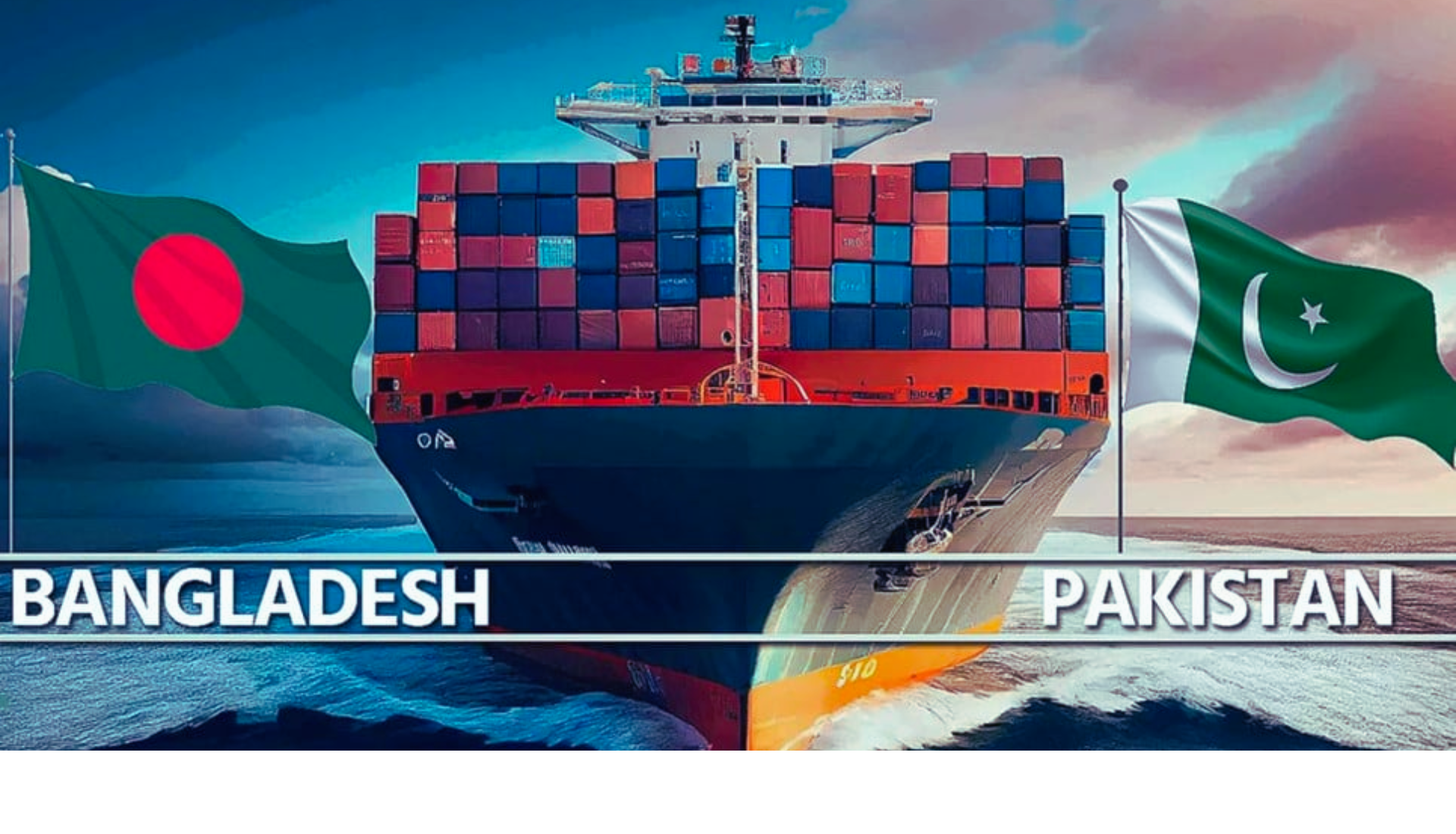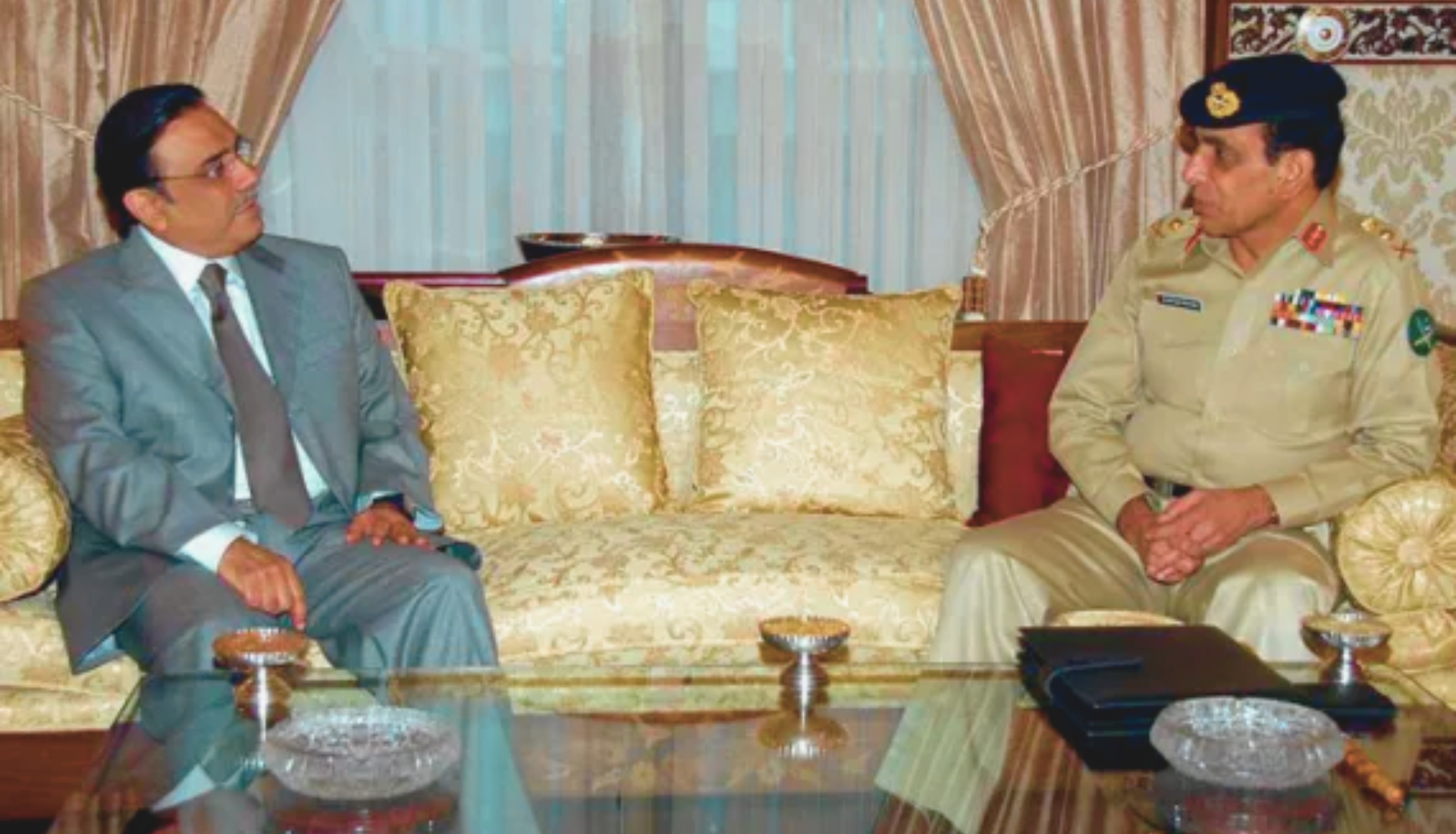An illegal money transfer network between Iran and Pakistan has been revealed as the Federal Investigation Agency of Pakistan submitted a charge sheet in a local court. The network has been suspected to have been operational for over seven years now. The investigation began as the police arrested 13 people in Karachi in December last year and January this year on charges of money laundering. The investigation led to some eye-opening discoveries and the charge sheet names Abolfazl Bahauddini as one of the key recipients of the money transferred from Pakistan.
Interestingly, Abolfazl has remained Iran’s supreme leader’s special representative to Pakistan.
Supreme Leader, Ali Khamenei, appoints special representatives both inside and outside of Iran. In the latter case, such representatives are appointed in countries with a Shiite population. The purpose of such appointments is to spread the values and message of the supreme leader. Usually, the appointment of a special representative is not officially announced. Abolfazl Bahauddini is suspected to have already left Pakistan somewhere between August last year and February this year.
The FIA’s charge sheet specifies the medium of illicit money transfers as the centuries-old informal systems of Hawala and Hundi, both of which are now banned in Pakistan and are legally recognized as unlawful. Moreover, the sheet also reveals that pilgrims going to Najaf in Iraq and Qom in Iran were also used as human sources of smuggling money. The arrests and the following investigation establish the connection of the 13 people to the Iran-backed Zainabiyoun Brigade, a militant group that is associated with sending young Shiites from Pakistan to fight in Syria.
As a further twist in the developing story, the monetary transfers have also revealed a madrassah in the capital city of Pakistan to have received money (estimated at 1 million) from the prime suspect, Ali Raza. In the entire investigation, he remains the key person who transferred money to not just Abolfazl but also to a local TV network in Pakistan. Zainabiyoun Brigade was placed on the US financial blacklist in 2019.
FIA’s charge sheet can lead to a possible case of terror financing.
As of now, Ali Raza has been denied bail. His testimony led to another arrest, a government official named Syed Wisal Haider Naqvi, as reported by Arab News. An estimated amount of 30.8 million has been illicitly transferred via the network. The court investigation will further reveal more details of the massive money laundering that has been carried out in this case. Though it does not come as a surprise, Iran’s representative direct involvement in receiving money can lead to some serious, ground-breaking discoveries in the financing of the Zainabiyoun Brigade.





